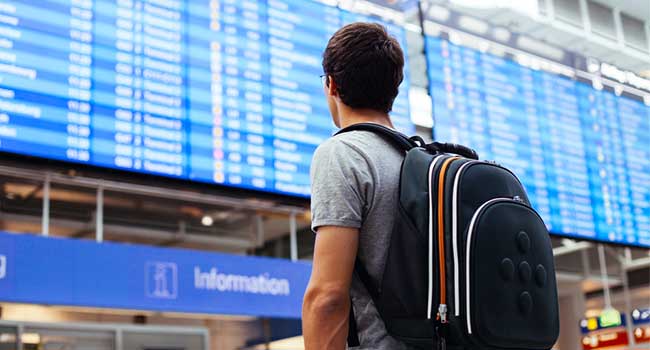
Security Changes at Airports include Soft Target Protection, Electronics Ban
The Transportation Security Administration has laid out new framework to protect soft targets in airports as well as consider electronics ban on flights from Europe.
The Transportation Security Administration has laid out a new national framework designed to improve security around public spaces, particularly in the areas located outside of security screening checkpoints.
The new changes come in direct response to growing concern over so-called soft target incidents in the wake of deadly airport attacks in Brussels and Istanbul last year.
In a statement, the TSA said those incidents “highlight evolving tactics and techniques that adversaries use to attack civilian targets in public areas.”
Over the last six months, representatives in the industry, government and academic institutions worked to evaluate security gaps at airports and put together a framework to protect the soft targets.
The framework is divided into three sections: information sharing, attack prevention and public protection.
The group emphasized that “time is precious” when it comes to mass-causality attacks explaining that normally there is only about a 10-minute window of time to effectively communicate information and formulate a strategy in the face of an attack.
The new changes include establishing full-time Airport Operations Centers that can coordinate responses to emergency situations, conduct background checks and thoroughly vet public areas, workers and conduct practice exercises and emergency response drills.
In addition to the changes in the less secure areas of airports, the Department of Homeland security has been considering an electronics ban on flights departing from the United Kingdom to the United States.
U.S. officials have told airlines to “be prepared” for the electronics ban to broaden to nonstop, incoming flights to the U.S. from other regions, including Europe.
Currently, passengers flying from 10 airports in Egypt, Jordan, Kuwait, Qatar, Morocco, Saudi Arabia, Turkey and the United Arab Emirates cannot bring electronics bigger than a cell phone into the airplane’s cabin. That includes laptops, DVS players, tablets, cameras and electronic games.
Some critics say separation from their devices exposes people to loss and theft of the device and, more importantly, the data contained on the device.
“Clearly, checking your laptop increases the risk of losing your computer. Retrieving data is only one of the problems you are faced with when a computer is lost, so make sure to have everything backed up at all times,” says CEO of Alertsec, Ebba Blitz. “However, the biggest risk you face if you lose an unencrypted computer is that it can be hacked. The consequences could be devastating. Not only data stored on that specific laptop could be accessed by a perpetrator, but also login credentials for cloud applications as well. The only way to make sure that your information can’t be hacked is to have the whole disk encrypted.”